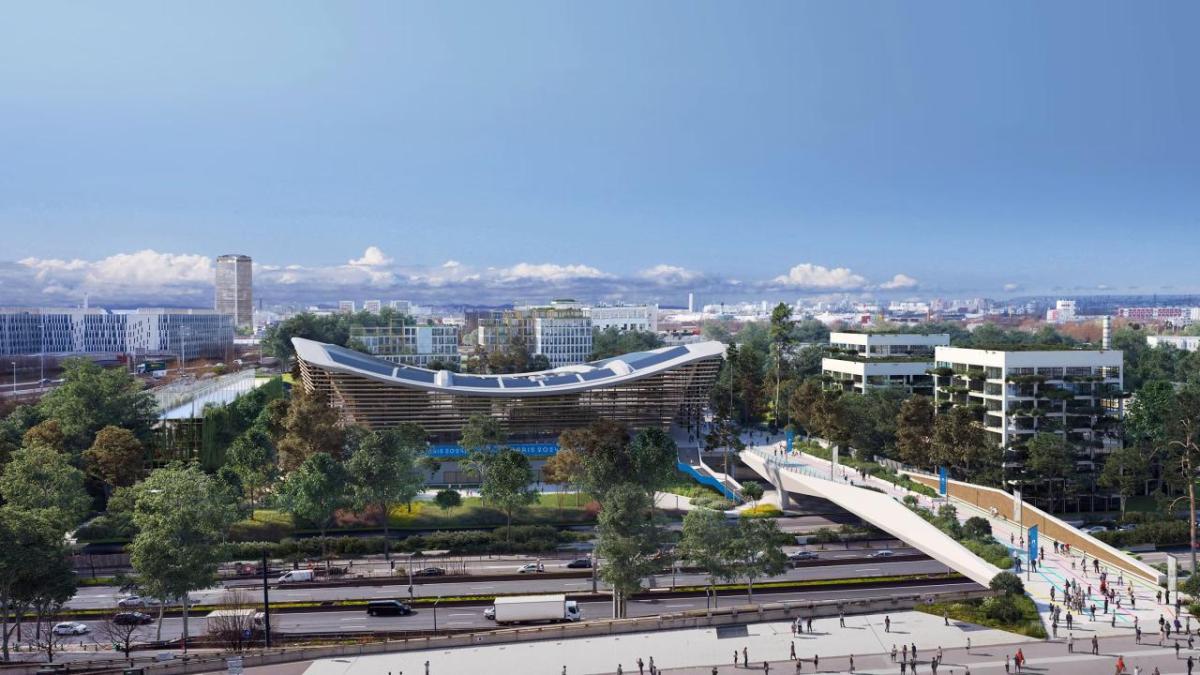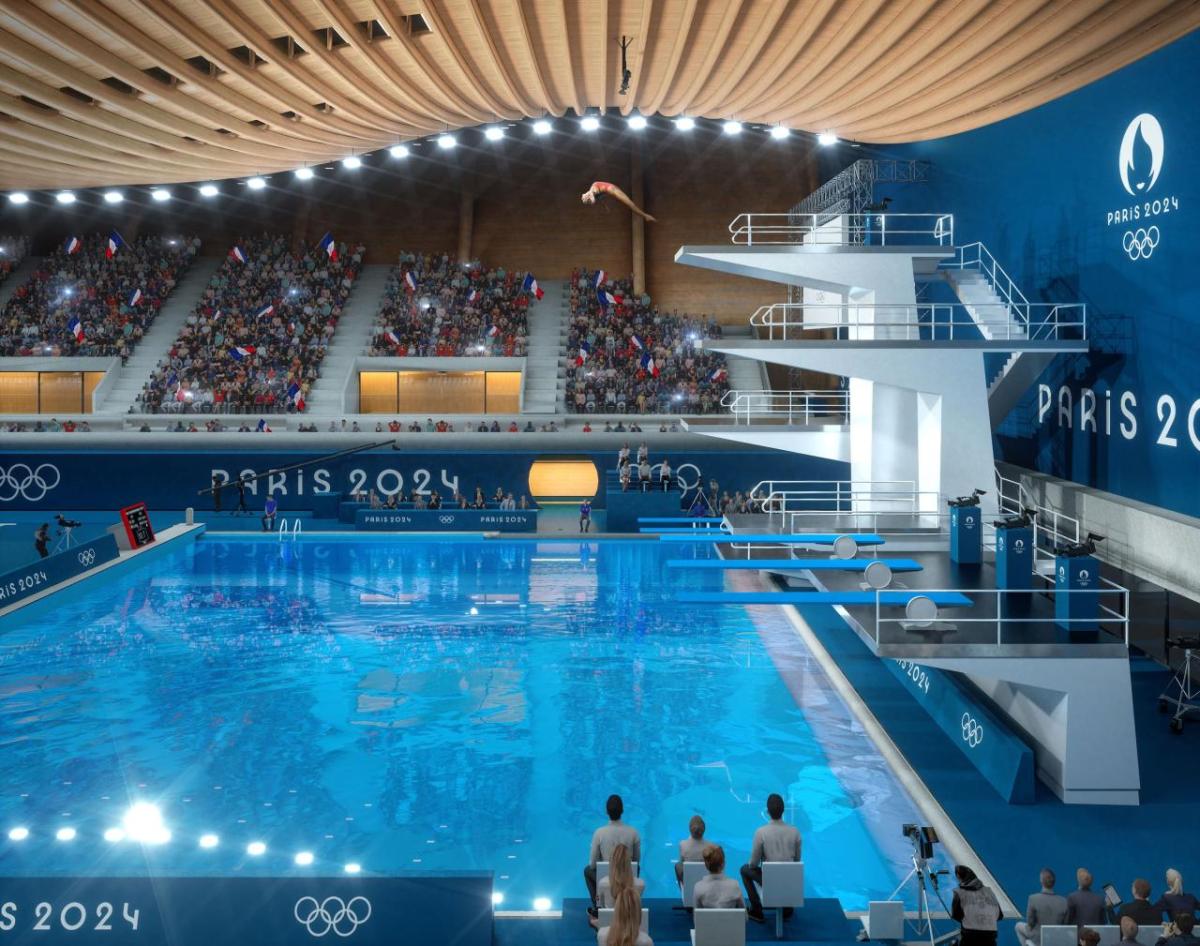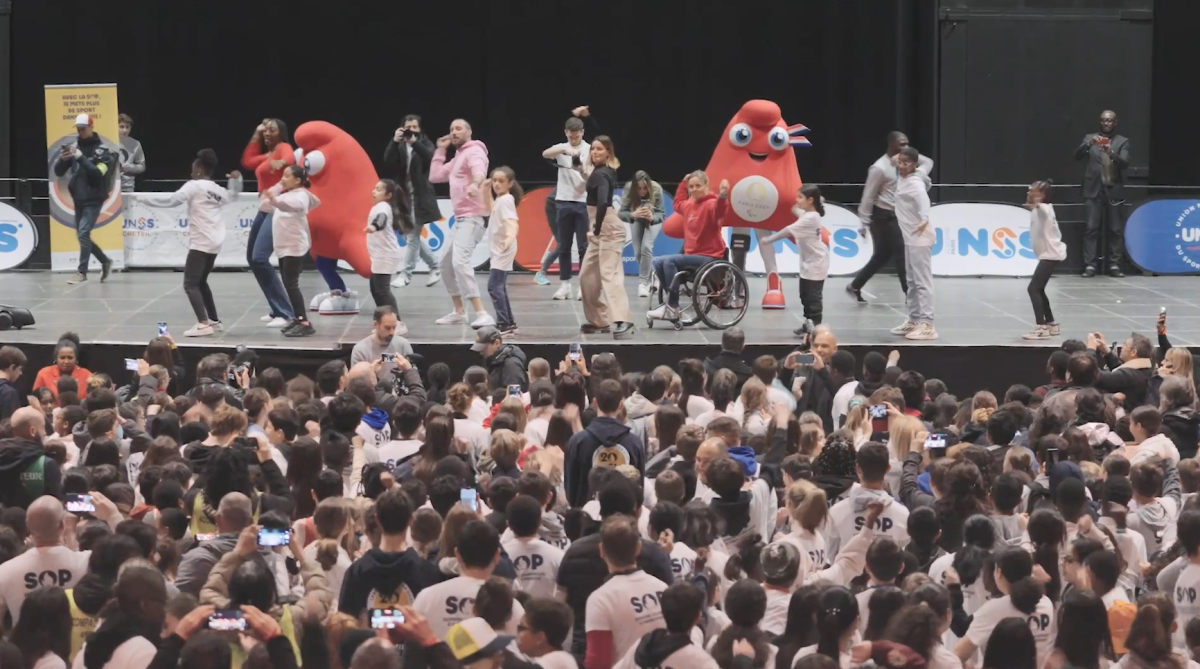Paris 2024 Strives To Maximise the Socio-Economic Impact of Sport
As preparations proceed apace for Paris 2024, the organisers and their strategic partners are working hard to harness the power of the Games to foster economic development, reduce inequalities and promote employment.
International Olympic Committee news
Against a backdrop of rising global inequality, Paris 2024 has a vision for “wide open” Games designed to spread opportunities and maximise the benefits for the long-term unemployed, small businesses and deprived communities.
Employment is a priority area for Paris 2024. Early planning before the election of Paris 2024 as an Olympic host showed that the Games would generate activity for 150,000 jobs in a wide range of areas, including event organisation, tourism, catering and construction. Having mapped the skills required and career development paths, the Paris 2024 organisers worked with unions, vocational training providers, recruiters and public agencies to develop their employment strategy.
“We want to bring more people on board, including those who think the Games aren’t for them and that they’ll never find a job in this sector! There are so many opportunities out there, the Games will benefit everyone,” said Tony Estanguet, Paris 2024 President.
A springboard for opportunities
A Social Charter was agreed with trade unions and employer organisations in 2018 – a first in the history of the Olympic Games. Its aim is to use the Games as a springboard for small companies, social enterprises and the long-term unemployed through training, quality jobs, and career paths for local people and vulnerable groups.
The jobs strategy involves:
- Reserving a minimum of 10 per cent of the working hours generated by procurement for people far from employment.
- “Stadium to job” recruitment days, when jobseekers can show recruiters their soft skills in an informal setting before interviews: after more than 300 events so far, 60 per cent of attendees have returned to employment within six months.
- A special web platform (EMPLOIS 2024) that lists all Games-related jobs and acts as a one-stop-shop for employers and jobseekers, who can also access any training they require.
- Work experience and training schemes for junior and middle-school French students to prepare them for job opportunities.
Boosting small businesses
The sustainable procurement strategy of Paris 2024 recognises socio-economic as well as environmental responsibilities.
While 90 per cent of suppliers are French, 75 per cent are small or medium-sized enterprises (SMEs). They account for two-thirds of the contracts awarded, with 1,200 SMEs benefitting. There is also a dedicated programme and web platform (ESS 2024) to advise and support companies in the “social and solidarity economy”, and this will continue after the Games.
Wider social impacts
The Olympic Games are the catalyst for a host of other initiatives that will have wider and lasting impacts across French society, including the health benefits of physical activity. With the backing of various public partners, Paris 2024 set up an endowment fund for social innovation. Impact 2024 supports projects that use sport to promote health, well-being, education, inclusion, equality and environmental improvements.
More than 1,000 projects have shared in the EUR 38.7 million of funding distributed since 2020. Some 3.1 million people have benefitted so far as sports clubs and organisations set up special schemes to engage with and support people – from those with disabilities or girls living in disadvantaged areas who are inactive to the elderly or prisoners.
“The Paris 2024 vision of harnessing the power of sport to open up socio-economic opportunities for all is already bearing fruit, at more than a year before the Games have begun,” said Marie Sallois, IOC Director for Sustainability. “This reflects the wider purpose of the Olympic Movement, the ambitions of Olympic Agenda 2020+5, and the power of sport to improve people’s lives.”
Serving Seine-Saint-Denis
Seine-Saint-Denis – a department north-east of Paris characterised by a particularly high percentage of young people, economic vitality and diversity, while experiencing some of the highest unemployment and poverty rates in France – is the priority area for Games-led regeneration. Investment and Paris 2024-supported social initiatives will have a lasting impact on the day-to-day lives of local residents.
The department will benefit from urban and ecological regeneration, as well as health and social benefits accelerated by the Games. These include an increase in cycling lanes and green public spaces, a boost in sports-related employment, and a range of health, education and inclusion initiatives, as part of Impact 2024. The Games are already bringing sport closer to the people of Seine-Saint Denis, with free sports participation events organised in public spaces across the area, learn-to-swim summer programmes for children, and disability awareness campaigns in local schools.
The Aquatics Centre – the only new permanent competition venue, built for the long-term use of local residents – will serve an area previously lacking in sports facilities. The multi-use centre will have a swimming pool, gym, climbing wall, skatepark and areas for individual and team sports.
Also under construction nearby as part of the long-term development plan for the Paris region is the Olympic Village. After the Games, it will form a new residential district, with around 2,800 family apartments, shops, public facilities and green spaces.The Games have also brought forward and boosted long-anticipated investment in the area, such as the installation of four underground 225,000-volt electricity lines to serve Saint-Denis and surrounding areas, the construction of a motorway noise barrier, and redevelopment of the Canal Saint-Denis.




